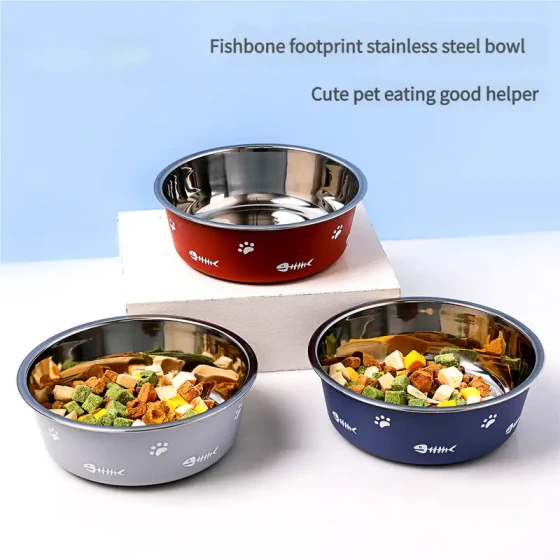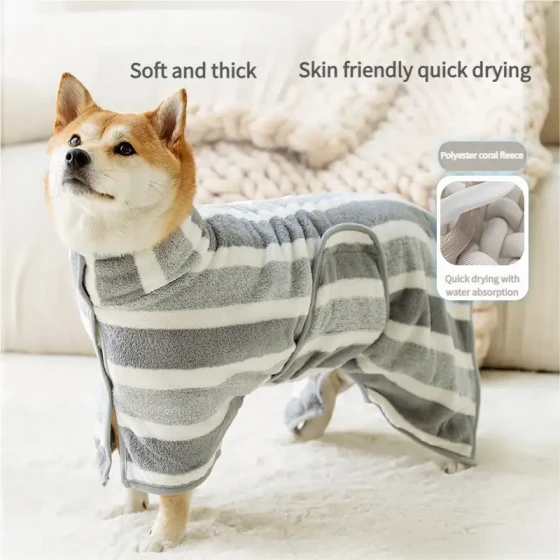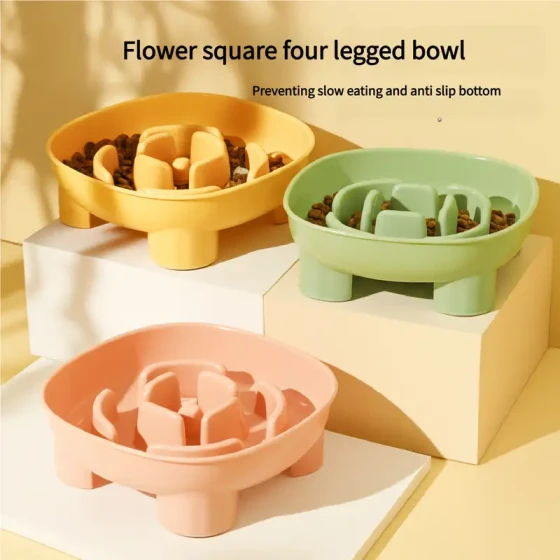What to Do When Dogs Have Indigestion

Wire Fox Terrier (detailed introduction)
Indigestion is not a serious disease for dogs. Generally, it is caused by overeating, which leads to overwork of the stomach and intestines and causes indigestion. Although indigestion is not very severe, it still affects dogs to some extent. Some dogs may stop eating for a few days because of it. So what to do when dogs have indigestion? Let's find out.
Main causes of indigestion: improper feeding management leading to irregular feeding and overeating. Poor food quality, food that is too cold in winter, food left too long in summer causing spoilage, unclean dinnerware, or dinnerware that is not regularly disinfected are also causes.
Clinical symptoms: constipation, diarrhea, vomiting in affected animals, initially food residue, later foamy mucus and gastric juice. Depending on the nature of the lesion, vomit may contain blood, bile, and mucosal fragments. Loose stool initially is a mixture of water and feces, later watery stool sometimes mixed with tissue fragments and blood. Mild abdominal pain, dogs crouch in a cold dark place, abdominal tension, mild yellowish-white tongue coating, rapid dehydration, dark yellow urine. The disease course usually lasts about 2 to 5 days.
Treatment and prevention: first, stop feeding for one day. After 24 hours, give easily digestible liquid food such as vegetable broth or congee. Provide stomach-strengthening and digestive-aiding medications, such as lactobacillin, stomach enzyme preparations, shi mu sheng, etc. If diarrhea or watery stool mixed with mucus or blood occurs, oral administration of gentamicin or berberine can be given. For severe dehydration, infuse glucose-saline solution, physiological saline, or compound sodium chloride. With the above treatment and strengthened care, the condition can be cured within 2 to 3 days.
Prevention mainly involves proper feeding management. Feed at fixed times and amounts. Puppies under one year old can be fed four to five times a day, adult dogs two to three times a day. Food should be cooked thoroughly and varied, combining coarse and fine grains. For example, rice, noodles, corn, sweet potatoes, celery, carrots, cabbage, cooked meat, bone broth, etc., to ensure a balanced intake of nutrients to meet growth and development needs. Processed cooked meat products like ham sausages should not be fed frequently. Fruits can be given appropriately, especially important for puppies. Food should be kept fresh, avoid freezing and spoilage. Feeding utensils should be cleaned and disinfected after each use, and not shared with other dogs.



